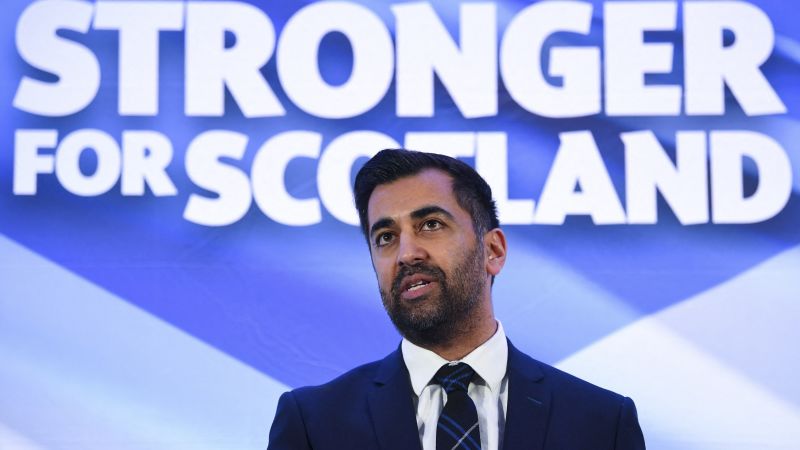
CNN
—
When Humza Yousaf took his oath of allegiance in Scottish parliament in 2016, he wore a gold embroidered sherwani – a traditional South Asian jacket – and a kilt.
“I, Humza Yousaf, swear with honesty and a true heart,” he proudly said in Urdu, “that I will always be faithful and bear true allegiance to Her Majesty Queen Elizabeth, so help me God.”
He is now expected to make history by becoming the first non-White head of the Scottish government, following his election as leader of the Scottish National Party (SNP) on Monday.
The triumph of British-born Yousaf, whose family trace their ancestry to Pakistan, is just the latest reflection of how times have changed as people of South Asian descent occupy leadership roles in the British, Scottish and Irish parliaments.
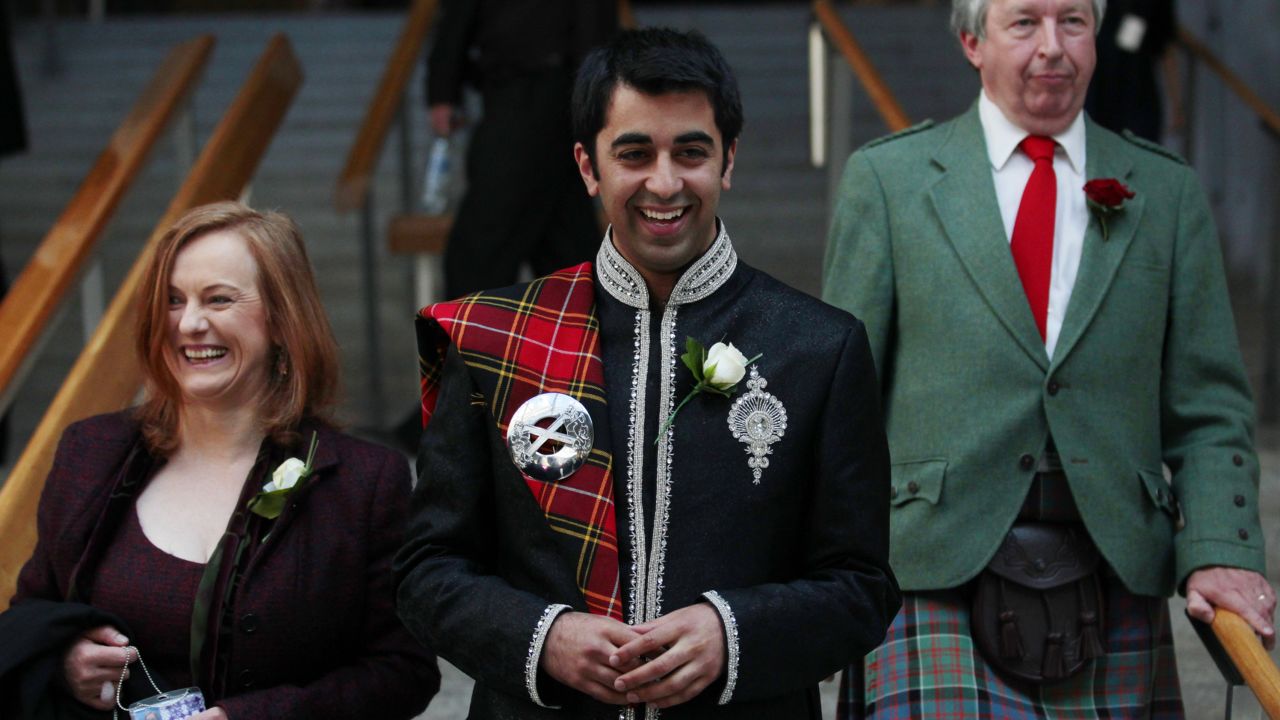
Yousaf, 37, joins British Prime Minister Rishi Sunak, a Hindu, who secured the role last October and whose Indian parents came to the UK from East Africa in the 1960s.
And across the Irish Sea is the Republic of Ireland’s Prime Minister Leo Varadkar, whose father is an Indian-born doctor.
India and Pakistan were once the jewel of a British empire that stretched so far across the globe it was often said the sun would never set on it. But 75 years since the end of the British Raj, many commentators have remarked at how history has come full circle.
Sunder Katwala, director of think tank British Future, called Yousaf “the history maker” in a post on Twitter.
“The Empire strikes back,” quipped Jelina Berlow-Rahman, a human rights lawyer in Scotland, on the social media platform. “Historic moment for British politics.”
Yousaf’s father was born in the Pakistani city of Mian Channu, in the country’s sprawling Punjab province that borders India. His mother was born in Nairobi, Kenya, also to a family from Punjabi descent.
Both migrated to Scotland in the 1960s.
Since 1999, Scotland has had a devolved government, meaning many, but not all, decisions are made at the SNP-led Scottish Parliament in Holyrood, Edinburgh.
In a 2018 interview with Scotland’s Holyrood newspaper, Yousaf explained in detail how his mother’s family faced racial discrimination in the East African city for being seen as taking away jobs from the local population. The hardship reached a breaking point when his grandmother was attacked with an axe, he said. She survived, but the family had had enough.
“It was time to get away and again, it made sense because there was a British call for people from the Commonwealth to come and take on industrial jobs,” Yousaf said.
Born in Glasgow in 1985, Yousaf was one of two ethnic minority pupils to attend his elementary school.
Destined by family expectations to be either an accountant, a doctor or a lawyer, Yousaf recalled the “scariest” moment was when he broke the mold by telling his parents about his desire to venture into politics.
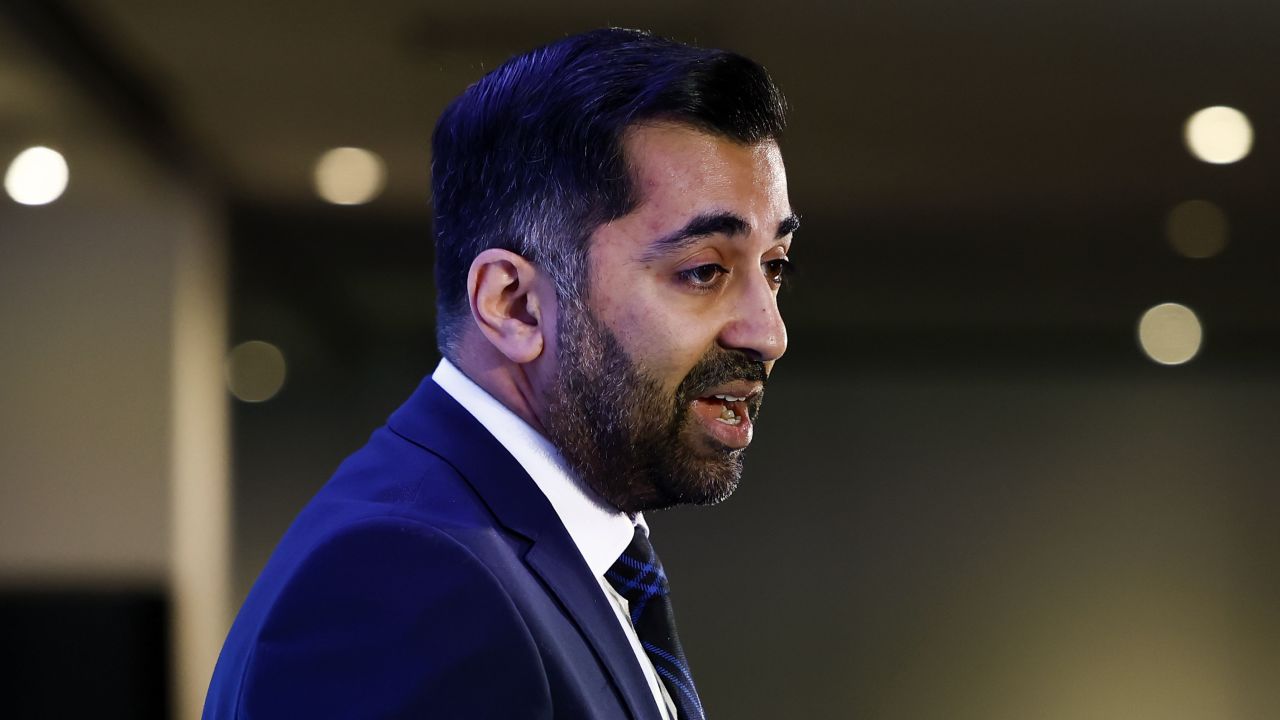
“My dad, who really had so much foresight, said that we were living at a time when we [in our community] needed more representation and we didn’t really have anything,” he told Holyrood.
Yousaf joined the SNP while he was a student at the University of Glasgow and rose through the ranks of the party, becoming a member of parliament in 2011 – the first Muslim and non-White cabinet minister to serve in the Scottish Government.
He has often noted that his own background is an example of Scotland’s socially liberal and ethnically diverse landscape, even referring to himself as coming from a “bhangra and bagpipes” heritage.
Bhangra is the traditional folk music of the Punjab while bagpipes are the quintessential instrument of Scotland.
Yousaf’s party victory was confirmed after a six-week campaign where he and two other candidates squared off against each other.
On Tuesday, the Scottish Parliament will vote to elect the country’s sixth first minister, a position Yousaf is expected to claim as the head of the party with the most lawmakers.
He takes over a party with an overriding objective to end Scotland’s three-centuries-long union with England – something his predecessor Nicola Sturgeon wasn’t able to achieve after the British government repeatedly blocked a way to a fresh vote on independence.
“We will be the generation that delivers independence for Scotland,” he said in a victory speech. “Where there are divisions to heal, we must do so quickly because we have a job to do.”
News of Yousaf’s victory dominated headlines in Pakistan, with messages and swirling on social media about the historic moment. It comes as most of the 270 million strong population observes Ramadan – Islam’s holiest month, where communities come together to fast, pray and reflect.
Noor Ahmed, from the Citizen’s Archive of Pakistan, a non-profit organization dedicated to cultural and historic preservation, described the journey Yousaf has taken as a “Pakistani story that is moving and aspirational, and will be lauded locally.”
“Humza Yousaf’s appointment is part of a wider movement taking shape globally that previously was acknowledged only informally – that members of the Pakistani diaspora have long played a vital role in global history,” she told CNN.
When Sunak similarly made history by becoming Britain’s first Prime Minister of Indian descent, many in the South Asian nation were quick to congratulate him – with some media channels even claiming him as their own.
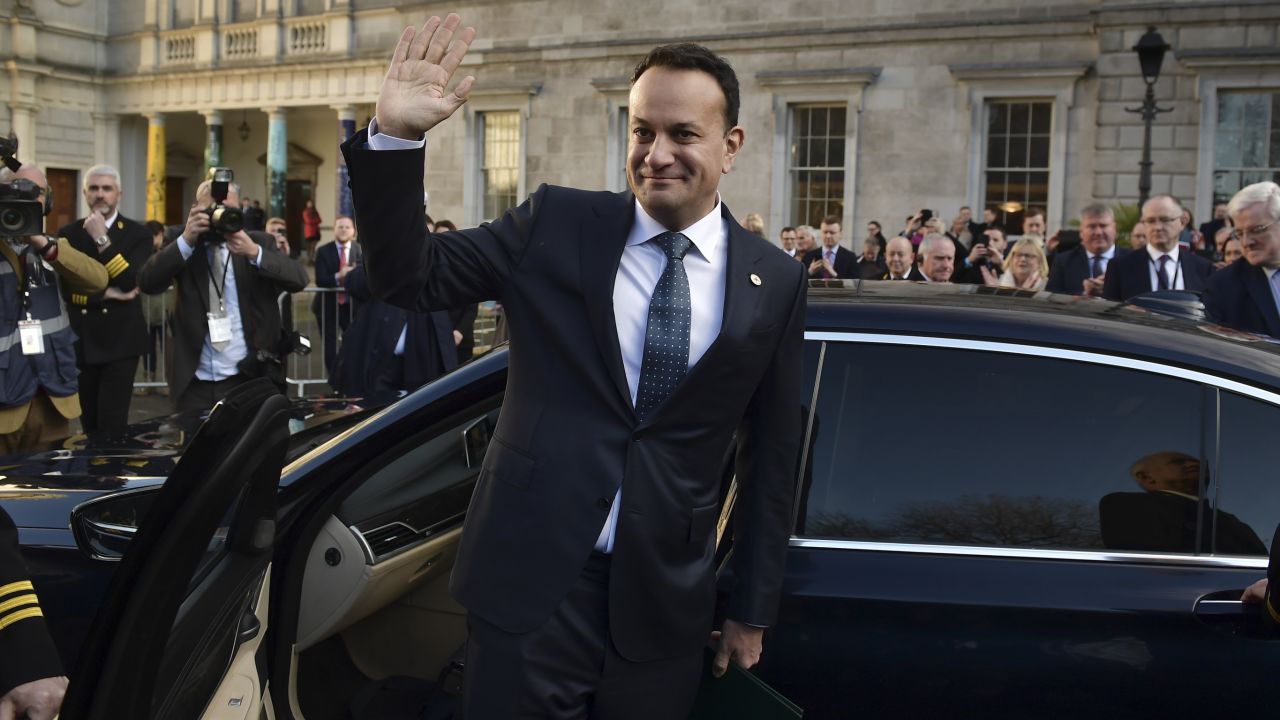
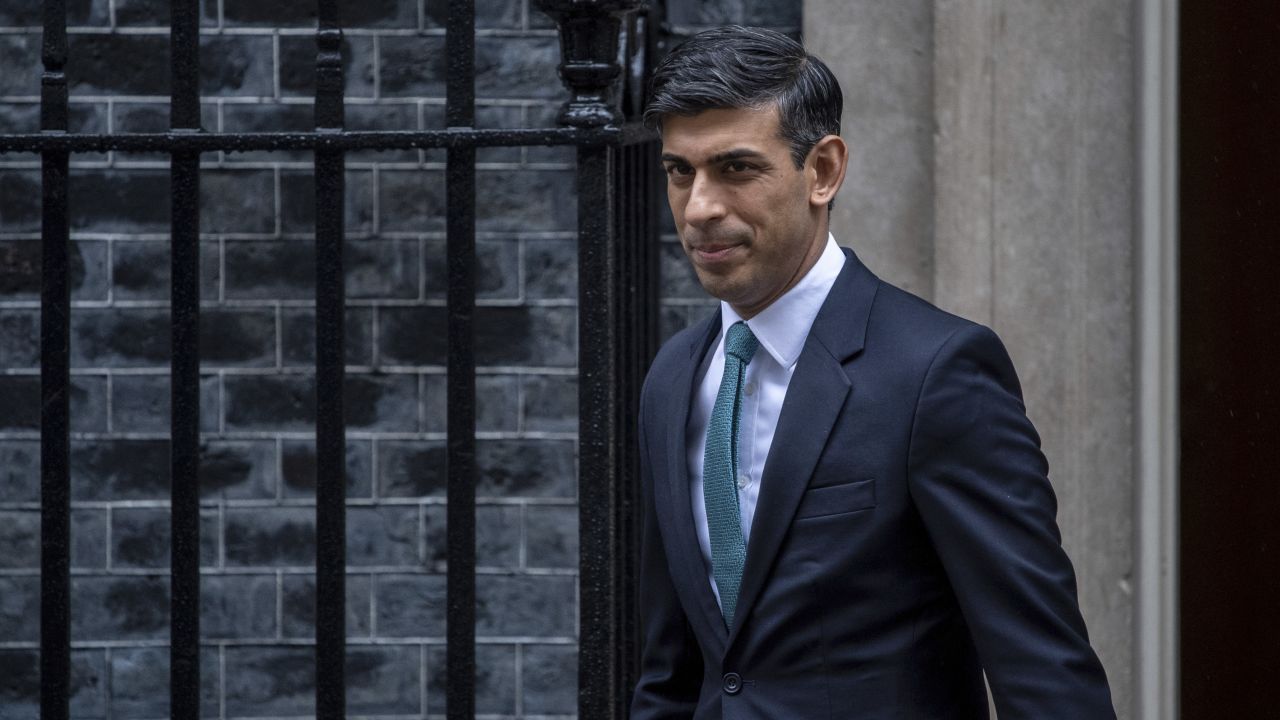
Just under 10% of the United Kingdom’s population are of South Asian descent, according to government statistics.
The leader of Scotland’s main opposition, Anas Sarwar, is also the child of Pakistani immigrants. Britain’s Home Secretary Suella Braverman also has Indian roots, while London mayor Sadiq Khan was born to a working-class Pakistani immigrant family.
But while political representation of minorities in Britain has improved, racism is far from vanquished. Yousaf’s victory was greeted with racist comments on social media by members of the far right.
Others have noted that Sunak and Yousaf were also both selected by their parties and have yet to face a general election.
The Indian subcontinent won independence from the British empire in August 1947 and the bloody Partition that followed hastily divided the former colony along religious lines – sending Muslims to the newly formed nation of Pakistan, and Hindus and Sikhs to newly independent India.
An estimated 15 million people were uprooted and between 500,000 and 2 million died in the exodus, according to scholars. It remains etched into the memories of many who experienced it, and their descendents.
Observers have been quick to point out the irony that Yousaf, a Muslim of Pakistani origin, will go against Sunak, a Hindu of Indian origin, to deliver his promise of Scottish independence.
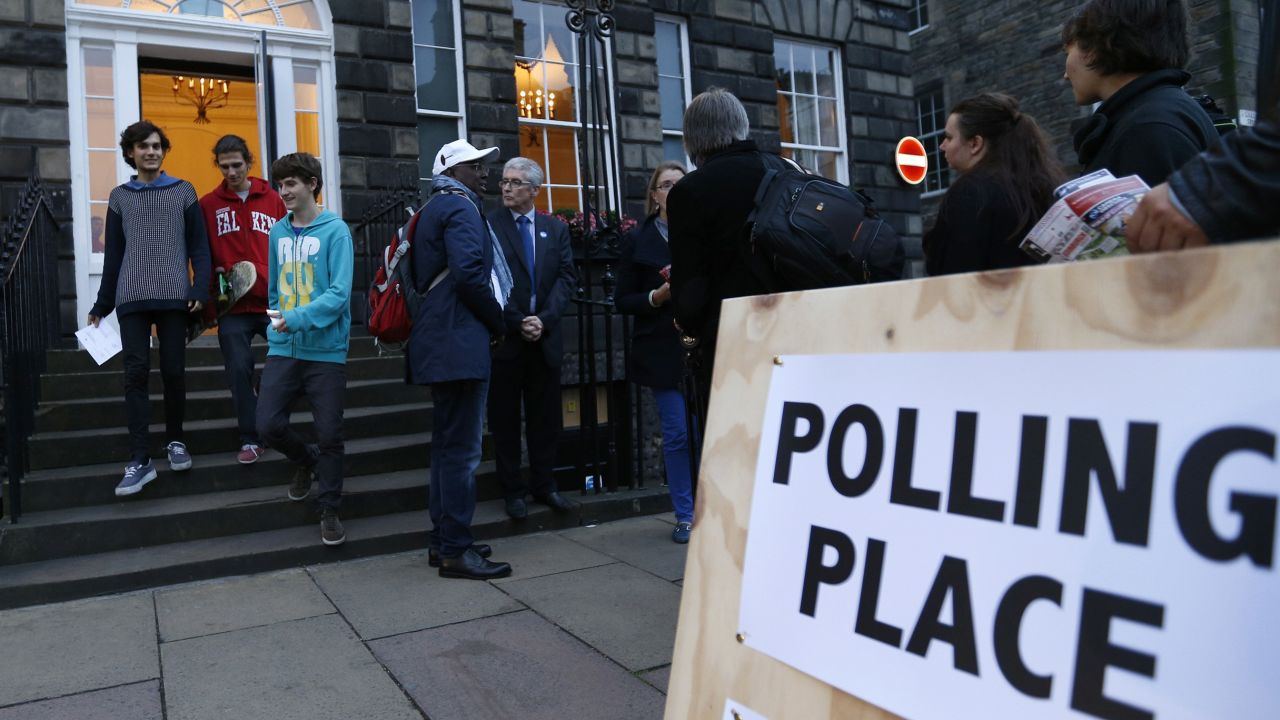
In 2014, Scotland voted against independence by 55%. Two years later, Britain voted to leave the European Union when a majority of Scots wanted to stay, setting the country on a path it hadn’t agreed to and re-energizing the fight for independence.
Last November, Britain’s Supreme Court ruled that Scotland’s government cannot unilaterally hold a second referendum on whether to secede from the UK – a blow to independence campaigners battling against Westminster’s pro-union establishment.
Shortly after winning, Yousaf tweeted about the messages coming in.
“From Punjab to Pollok, people from across the world and here at home have been offering me their good wishes,” he wrote.
But in the meantime he said he had a more pressing immediate task.
“For now, after a long day I have promised a very sleepy three year old I will be telling her tonight’s bed time story.”